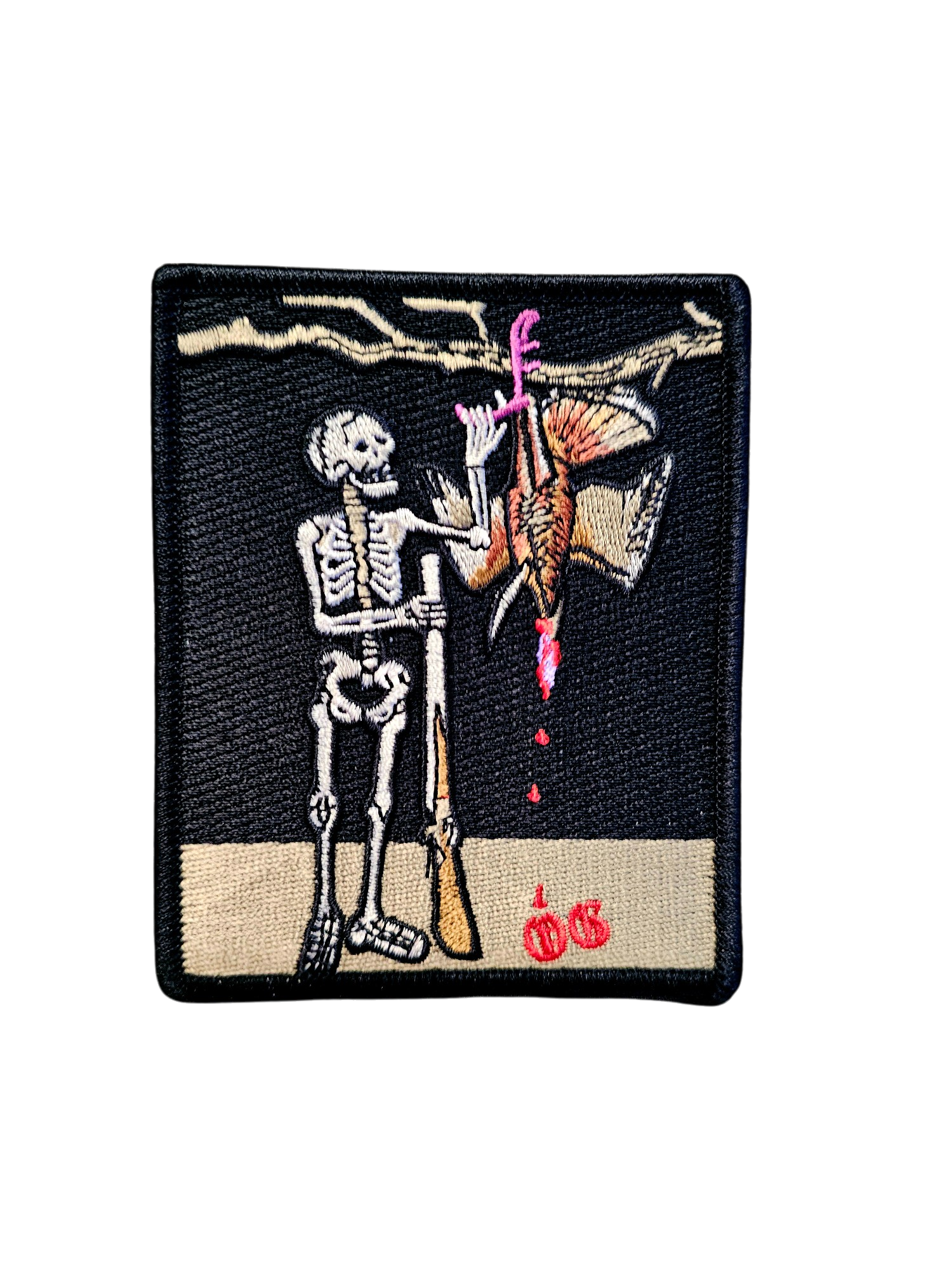        |
Calling Gobbler's Soft/AggressiveStarted by Greg Massey, February 24, 2022, 11:22:36 AM Previous topic - Next topic
User actions
|
        |
Calling Gobbler's Soft/AggressiveStarted by Greg Massey, February 24, 2022, 11:22:36 AM Previous topic - Next topic
User actions
|